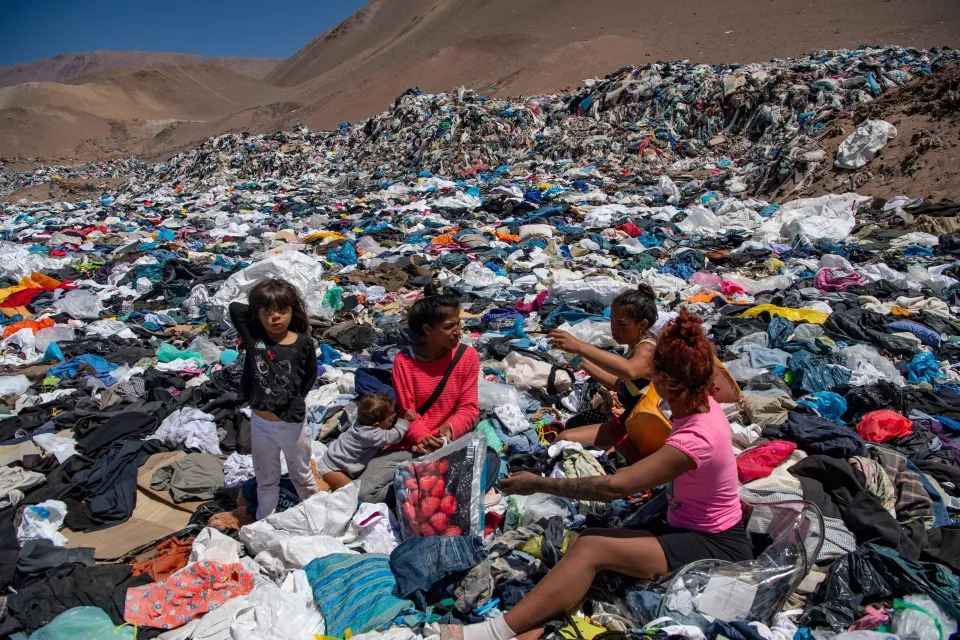CRIMINAL CAPITALI$M
3M CEO must attend mediation in earplug litigation, judge rulesDietrich Knauth
Mon, May 22, 2023

(Reuters) - A federal judge has ordered 3M Co CEO Michael Roman to attend mediation aimed at resolving nearly 260,000 lawsuits alleging that 3M military earplugs caused hearing loss, saying the negotiations have reached a "critical juncture."
U.S. District Judge Casey Rodgers, in whose Florida court the lawsuits have been consolidated, on Friday ordered Roman to attend mediation talks in Pensacola on May 25 and 26, so that he may "listen and engage directly with the mediators." The mediation so far has been "encouraging," but it requires 3M senior leadership to push ahead, Rodgers said in her order.
Roman's attendance will ensure that 3M's board will have "firsthand knowledge of the current state of the negotiations" when evaluating any settlement offer, Rodgers said.
3M has sought to resolve the lawsuits brought by veterans and members of the military who allege that 3M's combat arms earplugs were defective and damaged their hearing through the bankruptcy of its subsidiary Aearo Technologies LLC, which manufactured the earplugs.
3M had opposed efforts to renew mediation efforts in Florida federal court while Aearo's bankruptcy case is pending. Previous efforts reached an impasse in January, as 3M and the earplug plaintiffs focused their attention on Aearo's bankruptcy.
3M was ordered earlier this month to resume mediation.
A company spokesman said Monday that 3M continues to believe that Aearo's bankruptcy provides a better option for resolving the earplug claims "more quickly, with more certainty and with more balanced recoveries among claimants."
Aearo's bankruptcy strategy has been fiercely opposed by plaintiffs, who said that 3M was merely trying to escape litigation in Florida, following a series of unfavorable legal rulings and trial losses.
Veterans and service members have called for the dismissal of Aearo's bankruptcy, which is proceeding in U.S. bankruptcy court in Indianapolis, and they are awaiting a ruling from the judge overseeing the case.
Aearo filed for bankruptcy last July, with 3M pledging $1 billion to fund Aearo's liabilities stemming from the lawsuits that accuse both Aearo and 3M of misrepresenting the earplugs' effectiveness.
The litigation against 3M and Aearo is the largest-ever multi-district litigation in U.S. history, with nearly 330,000 cases filed and nearly 260,000 pending cases, according to court statistics from May 15.
3M has lost 10 of the 16 cases that have gone to trial so far, with about $265 million being awarded in total to 13 plaintiffs.
The MDL is In re 3M Combat Arms Earplug Products Liability Litigation, U.S. District Court, Northern District of Florida, No. 19-md-2885.
For the plaintiffs: Bryan Aylstock of Aylstock, Witkin, Kreis & Overholtz; Shelley Hutson of Clark, Love & Hutson; and Chris Seeger of Seeger Weiss
For 3M: Mike Brock, Christa Cottrell, David Horowitz and Saghar Esfandiarifard of Kirkland & Ellis
Read more:
US veterans suing 3M over earplugs seek to stop unit's 'false alarm' bankruptcy
3M earplug bankruptcy creates 'corrosive' tension with other courts, attorney says
Is 3M earplug bankruptcy the beginning of the end of mass tort MDLs?
3M notches sixth win in combat earplugs litigation
(Reporting by Dietrich Knauth)











